Have you ever googled something like “best coffee shops near me” or “plumbers in my area” and noticed the same few websites appearing at the top of the search results page trying to attract your business? The secret fueling their visible prominence despite hundreds of competitors existing locally comes down to tactical organic search engine optimization (SEO).
While Google and Bing have incredible capabilities understanding context and returning the most relevant pages seemingly intuiting searcher intent, the underlying rankings system remains bound to complex algorithms analyzing millions of quantitative and qualitative data signals to determine authoritative, trustworthy pages satisfying queries.
This definitive guide breaks down the primary levers enlightened website owners manipulate through ongoing SEO efforts – both on and off-page optimizations – to communicate relevancy and emerge prominently when potential customers hunt solutions in the search engines. Let’s explore what makes SEO work!
How Does SEO Work
On-Page SEO Factors Impacting Organic Rankings
When search algorithms crawl websites evaluating pages against keyword phrases typed into queries, they analyze components managed directly under site owner purview including:
Content Quality & Topic Alignment
The semantic text, media and structured information published on pages signals to engines the specificity to which it covers questions being asked by searchers. Optimized pages feature useful content tightly aligned to topics people explore. Think blog posts targeting buyer keywords or sales page product descriptions with ample detailed attributes. Matching searcher intent earns relevance.
Technical Site Architectural Factors
Behind the content facade, properly formatted HTML markup, media alt text tags, site speed and responsive mobile platforms enable search bots to smoothly digest website assets improving crawl efficiency and indexation depth/breadth. Optimized technical foundations prevent content opportunities getting overlooked.
Phrase Usage Frequency & Density
While excessive keyword stuffing or awkward over-saturation invites penalties, naturally embedding target phrases – especially early in titles and opening paragraphs – at balanced densities averaging 2-5% overall word count signals relevance. Savvy SEO writing interweaves keywords into flowing prose searchers expect.
Multimedia Types & Context
With Google increasingly factoring multimedia beyond text pages alone into rankings, images, videos, reviews, Q&A formats and other rich results now constitute impactful on-page signals communicating topical relevance and expertise around searcher interests based on uniqueness and embedded optimizations.
Off-Page SEO Components Impacting Rankings
While on-page signals speak for singular sites directly, third-party off-page signals provide external validation from related entities through:
Backlink Referrals
Also called inbound links, citations or mentions, links directing audiences back to your content pages from separate reputable sites signals third-party endorsements improving perceived authority and page rankings. But relevance and quality matters most – a hospital link carries more weight for a doctor’s site than random blog mentions.
Social Shares & Engagements
Similar to editorial backlinks, content shared organically on platforms like Twitter, Facebook and LinkedIn portray audience interest. Each platform applies varying influence with metrics like retweets, comments and likes all contributing positive signals used by Google reflecting content quality.
Reviews & Ratings
Positive sentiment and recommendations submitted on sites like Google My Business, Yelp and industry-specific rating platforms provide credibility indicators search engines incorporate into determining expertise and consumer trust for keyword queries conveying transactional intent. More five-star endorsements earn heightened impressions.
Pattern-Based Ranking Distribution Observations
While keeping pivotal organic search ranking factors covered to remain competitively visible, SEO specialists also monitor pattern-based algorithm behaviors to tailor strategies, including:
– Rankings Fluctuations – Google updates periodically shuffle results keeping contenders on their toes so don’t panic over temporary drops as competition gets penalized.
– Localization – Combining geo-centric keywords referencing cities/locations frequently improves visibility for regional search interest.
– Voice Query Growth – Spoken keyword difficulty requires SEO shift from typed phrases to longer, conversationally formatted questions aligned to hands-free mobile usage habits.
The Greatest SEO Truth Resides In Commitments
Winning sustainable organic rankings necessitates an always-on discipline through evergreen content production, networking for backlink opportunities and prompt platform migration because Google’s algorithm updates 2-3x annually.
But brands making that SEO commitment position themselves to capitalize on the incredible zero-cost traffic, brand visibility and customer conversions the leading search engines direct. It’s the most cost-efficient channel when done properly.
Now that you grasp SEO foundations, go make search domination happen!

1. How SEO works step by step?
SEO, or Search Engine Optimization, involves optimizing a website to improve its visibility on search engines. The process includes keyword research, on-page optimization, technical SEO, content creation, link building, and continuous analysis and adjustments.
2. How do you explain SEO to dummies?
SEO is like fine-tuning your website so that search engines (like Google) understand it better and, as a result, show it to more people searching for relevant topics. It involves using keywords, creating quality content, and ensuring your website is technically sound.
3. Can I do my own SEO?
Yes, individuals and businesses can perform their own SEO. There are many online resources, guides, and tools available to help you understand and implement SEO best practices. However, for more complex strategies, hiring a professional might be beneficial.
4. How is SEO done by Google?
Google uses complex algorithms to analyze websites and rank them based on relevance and quality. Google’s bots crawl websites to index content and consider factors like keywords, backlinks, user experience, and website structure.
5. Is SEO paid or free?
SEO itself is generally considered free, but implementing certain strategies might involve costs. For example, creating high-quality content is essential and might require investment in resources. Paid advertising is a separate aspect and not part of traditional SEO.
6. How do I run SEO on my website?
To run SEO on your website, start with keyword research, optimize on-page elements (title tags, meta descriptions), improve site speed, create quality content, and build relevant backlinks. Regularly monitor performance and make adjustments as needed.
7. Is it hard to learn SEO?
Learning SEO can vary in difficulty depending on your background and the depth you want to explore. Basic concepts can be learned relatively easily, but mastering SEO and keeping up with industry changes may require continuous learning.
8. Does SEO work immediately?
SEO is a long-term strategy, and results may not be immediate. It takes time for search engines to crawl and index your site. Implementing changes and building authority through content and backlinks can take months before significant improvements are seen.
9. How much does it cost to do SEO?
The cost of SEO varies depending on factors like the scope of work, competitiveness of keywords, and whether you’re doing it yourself or hiring professionals. DIY SEO may have minimal costs, while professional services can range widely.
10.What is the success rate of SEO?
The success of SEO depends on various factors, including the competitiveness of your industry, the quality of your SEO efforts, and the consistency of your strategy. Many businesses experience substantial success with a well-executed SEO plan.
11. Can I learn SEO in one day?
Learning the basics of SEO can be accomplished in a day, but becoming proficient and mastering SEO usually requires continuous learning and practical experience over time. The field is dynamic, with constant updates and changes in best practices.


